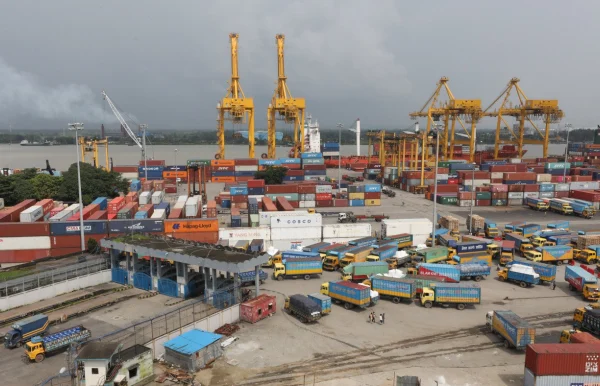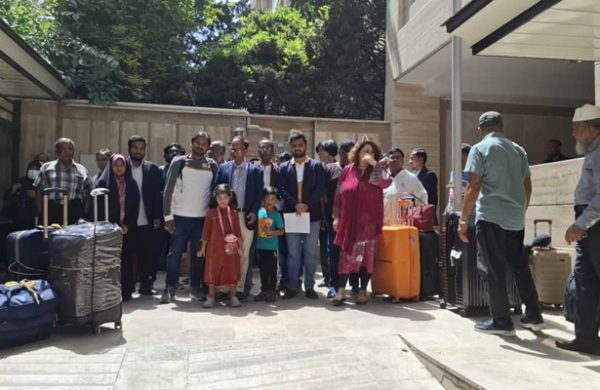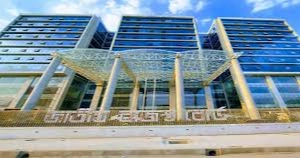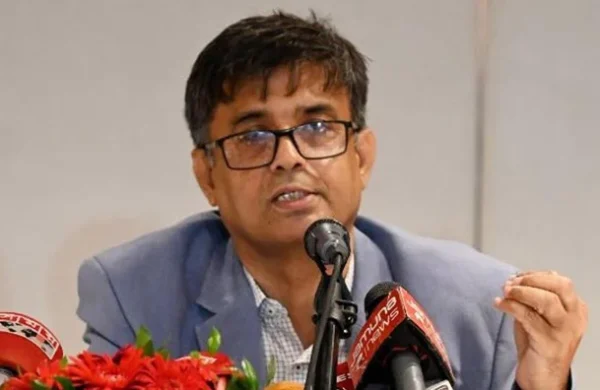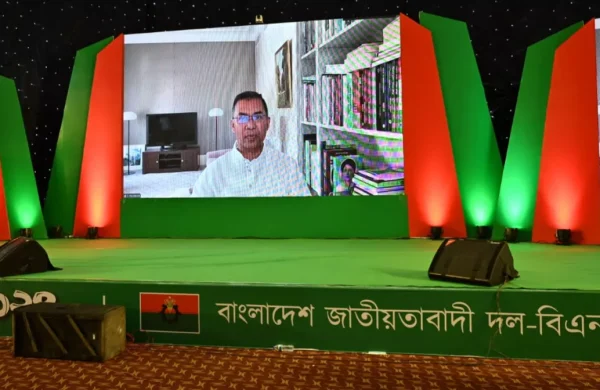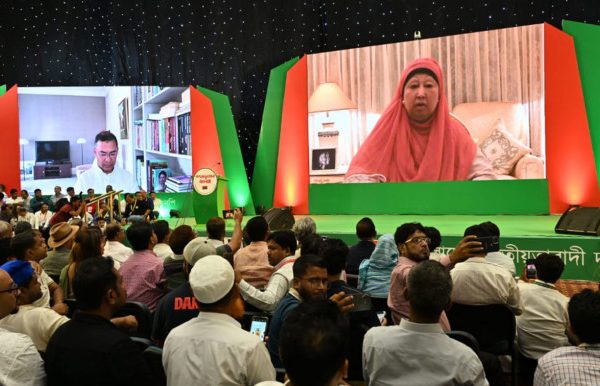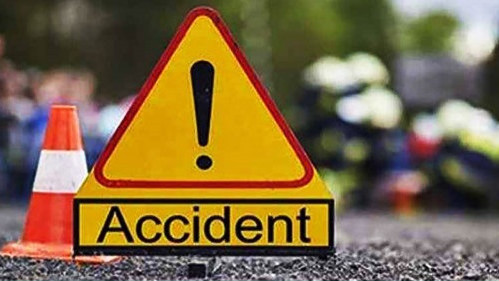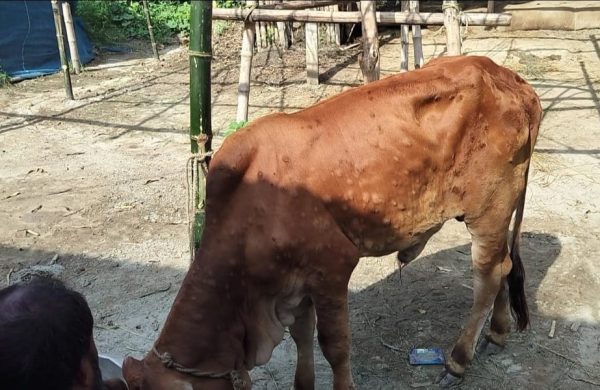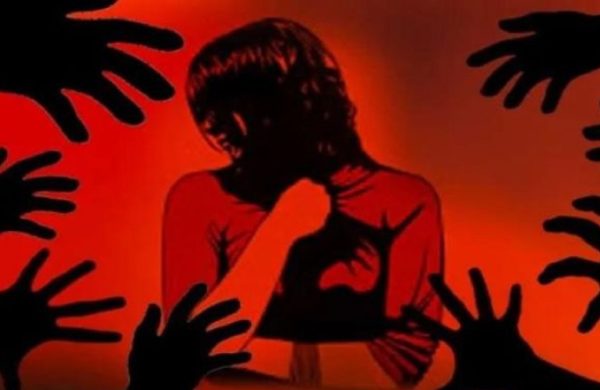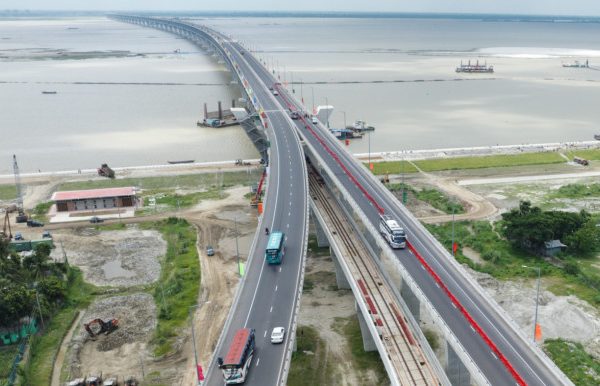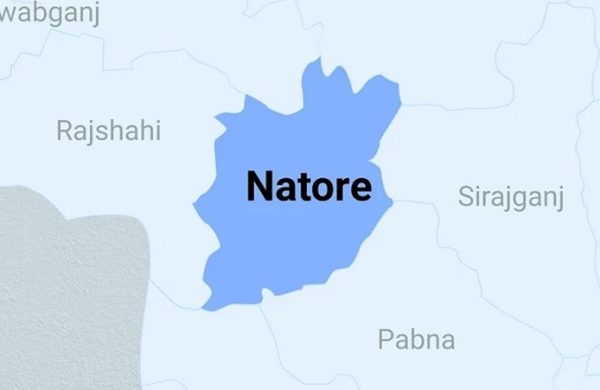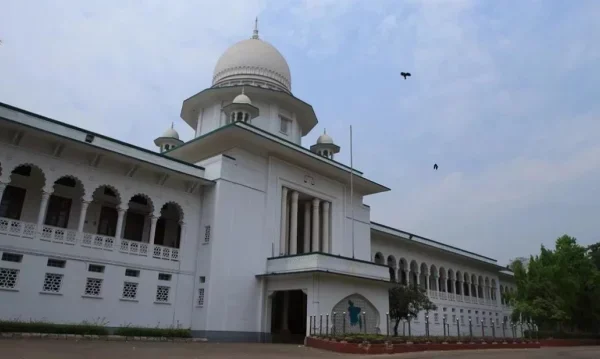Extortion on highways threatens economy: Reports
- Update Time : Saturday, February 8, 2025
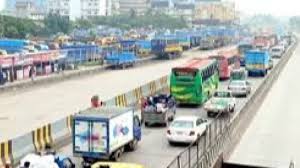
UNB:
Extortion on highways across Bangladesh has reportedly increased in recent months, posing severe threats to commuters, transport workers and businesses dependent on road transport.
Despite efforts by the government, the illegal practice continues unabated, raising significant concerns regarding public safety and the nation’s economic stability.
Reports indicate that organised groups, allegedly with links to influential local figures, are operating extortion rackets at various points along national and regional highways.
These groups primarily target trucks, buses and other commercial vehicles, coercing payments from drivers. Those who refuse to comply face harassment, intimidation, and, in some cases, physical assaults.
This surge in extortion is taking a severe toll on transport workers and businesses, increasing the cost of goods and services due to additional financial burdens on logistics operations.
TIB STUDY EXPOSES RAMPANT CORRUPTION
A study by Transparency International Bangladesh (TIB), published on 5 March 2024, revealed that private buses and minibuses pay nearly Tk 1,059.37 crore annually in extortion money.
Political affiliates, highway police personnel, city corporations Bangladesh Road Transport Authority (BRTA), and municipal officials have been implicated in collecting these illicit payments.
According to the study, BRTA officials and employees receive the highest share, exceeding Tk 900 crore, in bribes for vehicle registration, certification, and renewal processes.
Although law enforcement agencies claim to be taking measures to control extortion, little progress has been made in curbing the practice, leaving commuters and transport workers vulnerable.
PROTESTS AGAINST EXTORTION INTENSIFY
Growing frustration among transport workers has led to several protests across the country. On 7 January, battery-run auto-rickshaw drivers in Sherpur upazila, Bogura, blocked the Dhaka-Bogura highway, causing a three-kilometre-long traffic jam. The protestors demanded an end to extortion and urged authorities to intervene.
Similarly, on 2 February, members of the Light Vehicle Drivers’ Owners’ Association formed a human chain on the Dhaka-Chattogram Highway in Cumilla’s Elliotganj. They protested against extortion, car theft, and highway robberies, leading to discussions with highway police officers. The protest was called off after assurances were given that their concerns would be addressed.
INDUSTRY LEADERS VOICE CONCERNS
Tofajjol Hossain, President of the Bangladesh Truck-Covered Van Owners’ Association, expressed concerns over the resurgence of highway extortion, noting a significant decline in such activities following the political changeover on 5 August last year. But he claimed that extortion has intensified in recent months.
“Before 5 August last year, extortion activities were primarily carried out by the then-ruling Awami League and its affiliate organisations. Now, reports suggest that BNP and its affiliated groups are involved in these illegal activities,” he alleged.
He pointed out that extortion hotspots include Karwanbazar, Gabtoli, Aminbazar, Chankharpul, Kanchpur Bridge in Narayanganj and Haji Ganj in Chandpur, affecting daily transport operations.
Ashis Kumar Dey, General Secretary of the National Committee to Protect Shipping, Roads and Railways (NCPSRR), echoed similar concerns, stating that despite a change in government, highway extortion remains unchecked.
He warned that as transport costs rise due to extortion, both passenger fares and goods prices will increase, burdening the general public.
He outlined key measures to combat extortion, including a strict government stance backed by political will, police reforms and training to change their mindset, strict law enforcement free from political influence, and the professional development of transport owners and labour leaders without political affiliations.
EXPERTS CALL FOR URGENT REFORMS
Dr Kazi Saifun Newaz, Associate Professor at the Accident Research Institute of Bangladesh University of Engineering and Technology (BUET), highlighted the role of powerful individuals in highway extortion. “Even when complaints are lodged, police find it difficult to take action due to political influence,” he said.
Dr Newaz emphasised the need for police reforms, arguing that promotions and postings should be based on merit rather than political considerations, and called for undercover investigations and the use of hidden cameras by law enforcement officers to identify corrupt practices.
HIGHWAY POLICE DENY ALLEGATIONS
Deputy Inspector General (DIG) of Bangladesh Highway Police (Operations), Shafiqul Islam, dismissed allegations of widespread police involvement in extortion.
“I personally visited two locations, one in Cumilla and another at Mawna Chowrasta in Gazipur, where protests were held. Transport workers accused the police of extortion, but in reality, many of these complaints came from drivers of auto-rickshaws and smaller vehicles that are prohibited on highways,” he said.
He argued that allegations against the police stem from enforcement actions against unauthorised vehicles. “While silent extortion does exist, it is challenging to control. However, we are taking action against any complaints brought to our attention,” he added.


